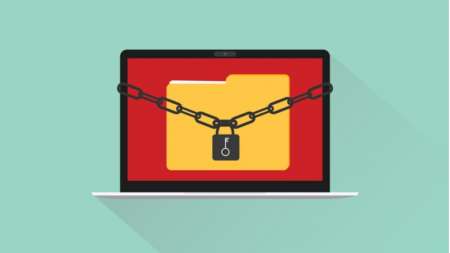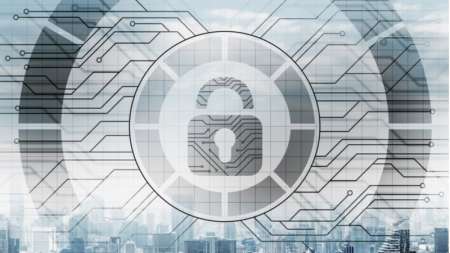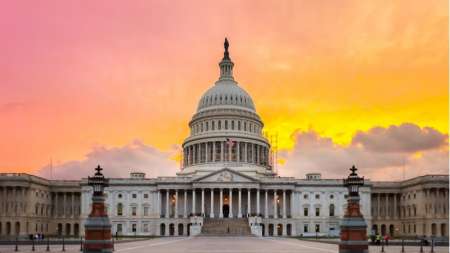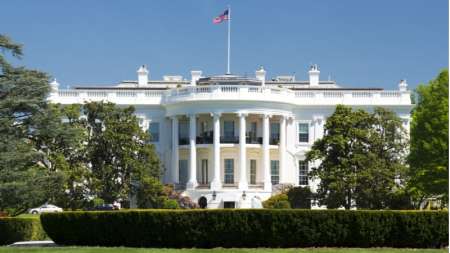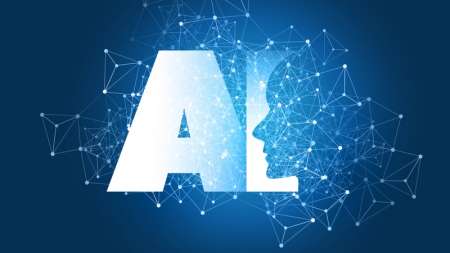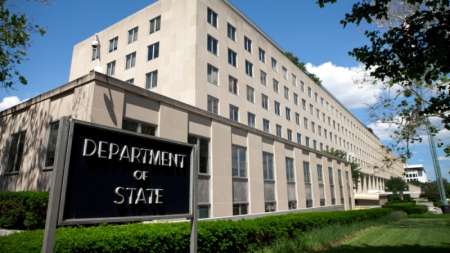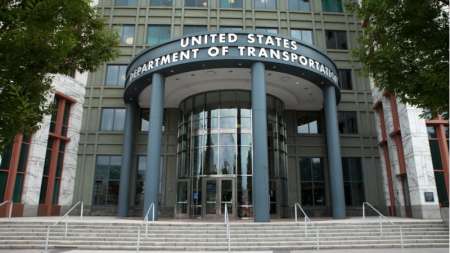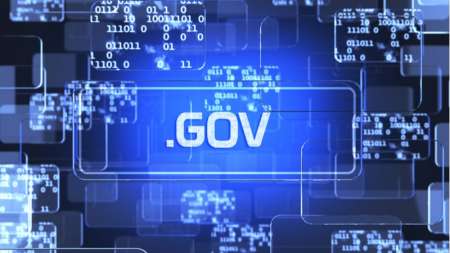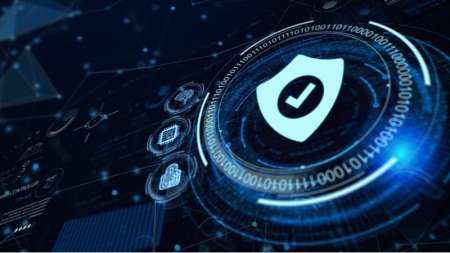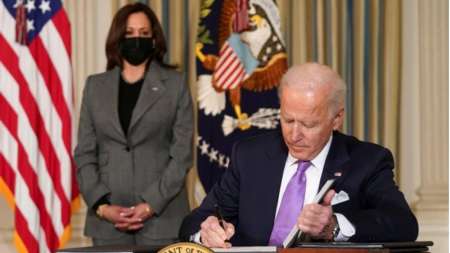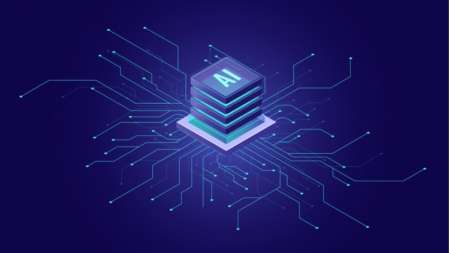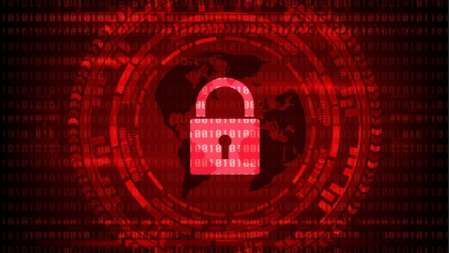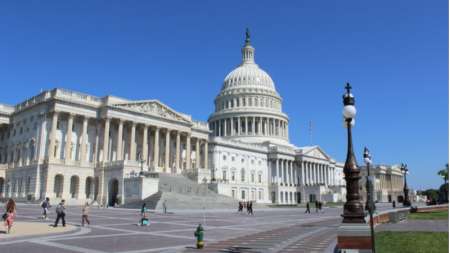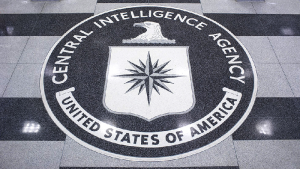Cyber threats, including ransomware attacks, are now a national security issue as bad actors target Federal agencies and our nation’s critical infrastructure. Protecting Federal agencies against these cyber threats is a national imperative, evidenced by the Biden administration’s cybersecurity executive order mandating that agencies take additional measures to secure Federal infrastructure. […]
Cybersecurity and Infrastructure Security Agency (CISA) Executive Director Brandon Wales said today that the private sector needs to do more to help the government combat ransomware attacks, and expressed hope that the recently formed Joint Cyber Defense Collaborative (JCDC) effort between government and industry will go a long way toward providing a coordinated approach to deal with those and other cybersecurity threats. […]
When implementing a successful zero trust architecture, Federal chief information officers (CIOs) and chief information security officers (CISOs) encourage agencies to look towards modernization and to think of zero trust as an “integration architecture.” […]
Artificial intelligence (AI) experts testified today before the House Financial Services Committee’s AI task force to help House members understand the risks associated with AI-based tools. […]
The Biden-Harris Administration is taking steps this week to gin up international support to fight ransomware as the White House National Security Council (NSC) hosts a two-day virtual assembly with 30 foreign partners to discuss joint efforts to counter the attacks. […]
Although the deployment of 5G wireless technologies is still underway, Federal Communications Commission (FCC) Acting Chairwoman Jessica Rosenworcel said this week it’s already time for the government to start conceptualizing the landscape for sixth-generation – or 6G – wireless services. […]
The White House’s Office of Science and Technology Policy (OSTP) is seeking information from both the public and private sector on how biometric data is being used for identification purposes, according to a request for information (RFI) OSTP recently posted on the Federal register. […]
The Federal government must continue to prioritize data privacy and protection – including through legislation means – if it hopes to foster more safeguards for personal data in the private sector, said data experts at the 9th Annual Cyber Resilience Summit on October 12 hosted by CISQ. […]
As the Department of Defense (DoD) builds more artificial intelligence (AI) into its technology and operating procedures, the security of those technologies and the networks they operate will only increase in importance, said the director of the DoD’s Joint AI Center (JAIC) at the Billington Cybersecurity Summit on October 8. […]
The State Department’s Office of Inspector General (OIG) said in a new report that it found deficiencies in State’s reporting of security clearance data to the Office of the Director of National Intelligence (ODNI) during fiscal year 2019. […]
The Department of Transportation (DoT) Office of Inspector General (OIG) completed a quality control review (QCR) of KPMG’s report on DoT’s compliance with the Digital Accountability and Transparency Act of 2014 (DATA Act), and concurred with KPMG’s four recommendations to improve the agency’s compliance with the DATA Act. […]
The National Geospatial-Intelligence Agency (NGA) has released its 2021 Data Strategy in which the agency outlines plans to transform and improve the way data is created, managed, and shared to maintain dominance in the delivery of geospatial intelligence (GEOINT). […]
The Biden administration is launching a whole-of-government initiative today to provide actionable climate information to Americans, including a redesigned Climate.gov website that now utilizes artificial intelligence (AI) to improve access to critical climate information. […]
Following on the successes of the FedRAMP program that certifies cloud services as secure to use for Federal government agencies, the home-grown StateRAMP program is forging ahead with similarly vital services to state and local governments and institutions of higher learning, state, and industry leaders explained on October 5 during MeriTalk’s StateRAMP: Taking the On-Ramp to Secure SLED Cloud Solutions online event. […]
Cybersecurity is the ultimate team sport, Jim Richberg says in a new MeriTV interview. It requires greater public-private cyber information sharing – called for in the May Executive Order on Improving the Nation’s Cybersecurity (EO) and backed up by several new pieces of legislation – but the conditions for it must be established over time, he advised. […]
On Oct. 8, President Joe Biden signed the bipartisan K-12 Cybersecurity Act of 2021 into law to provide school districts with resources to combat and protect themselves against cyberattacks. […]
For nearly two years, the Federal government has gone without a Federal chief statistician, but the Office of Management and Budget (OMB) is looking to change that. […]
In a recent letter to the Department of Justice (DoJ), the Department of the Treasury (Treasury), the Department of State (State Department), and the Department of Homeland Security (DHS) lawmakers urge the agencies to pursue all options available to protect American communities and infrastructure from the growing threat of ransomware. They emphasized the need for stronger coordination between departments, primarily to address the role of cryptocurrency in ransomware attacks. […]
The Department of Defense’s (DoD) Joint AI Center (JAIC) is soliciting help from industry to figure out what ways the center can use AI to automate the procurement process. The JAIC will have acquisition authority beginning in fiscal year 2022, and the solicitation will look to help make that process easier. […]
Sens. Shelley Moore Capito, R-W.Va., and John Hickenlooper, D-Colo., introduced legislation that would revamp the National Telecommunications and Information Administration’s (NTIA) Office for Policy Analysis and Development to have a stronger focus on cybersecurity efforts. […]
The Office of Management and Budget (OMB) is giving Federal agencies a three-month deadline to make initial strides at identifying the current state of endpoint detection and response (EDR) capabilities on their networks and to start undertaking additional work with the Cybersecurity and Infrastructure Security Agency (CISA) to quicken the pace of deploying those capabilities. […]
Bipartisan legislation was introduced in the House last week to boost U.S. supply chains and foster domestic manufacturing of “critical goods” by creating a Supply Chain Resiliency and Crisis Response Office in the Department of Commerce. […]
By 2023, nearly 30 percent of Federal employees will be eligible for retirement – a soon-to-be reality that keeps Federal agency and IT leaders up at night. How can leaders prepare for greater productivity, capture as much institutional knowledge as possible in the interim, and ensure mission continuity and efficiency as new employees onboard? Process and infrastructure automation is an essential part of the solution. […]
Microsoft’s new Digital Defense Report finds that Federal agencies and organizations have been the most targeted sector by cyber threat actors since the middle of last year, and that attacks emanating from Russia have been the most frequent. […]
The U.S. Army has decided to delay the massive overhaul of its enterprise IT personnel system in favor of conducting additional testing, which will push the launch date of the new system from December of this year to September 2022. […]
Sens. Ron Wyden, D-Ore., and Rand Paul, R-Ky., introduced a bipartisan bill this week that would prevent law enforcement agencies from searching phones, laptops, and other digital devices of those crossing United States borders. […]
With Federal agencies needing to move the bulk of their workforce to remote or hybrid environments since the start of the COVID-19 pandemic, the Cybersecurity and Infrastructure Security Agency’s (CISA) Continuous Diagnostics and Mitigation (CDM) program has worked with agencies to account for the increase in attack vectors and take a more proactive risk management stance, CDM Program Lead Richard Grabowski said. […]
Senators Maggie Hassan, D-N.H. and Joni Ernst, R-Iowa, introduced bipartisan legislation that would mandate the Department of Treasury and other Federal entities to review the use and mining of cryptocurrencies globally, and submit a detailed report on the issue to multiple congressional committees. […]
The Senate Homeland Security and Governmental Affairs Committee voted on October 6 to advance three Biden administration nominations to the Merit System Protection Board (MSPB). The committee’s action sends the nominations to the full Senate for consideration. […]
As part of a broader effort to enhance national security efforts at the agency, the Central Intelligence Agency (CIA) announced the creation of a new chief technology officer (CTO) position, and a new Transnational and Technology Mission Center. […]

